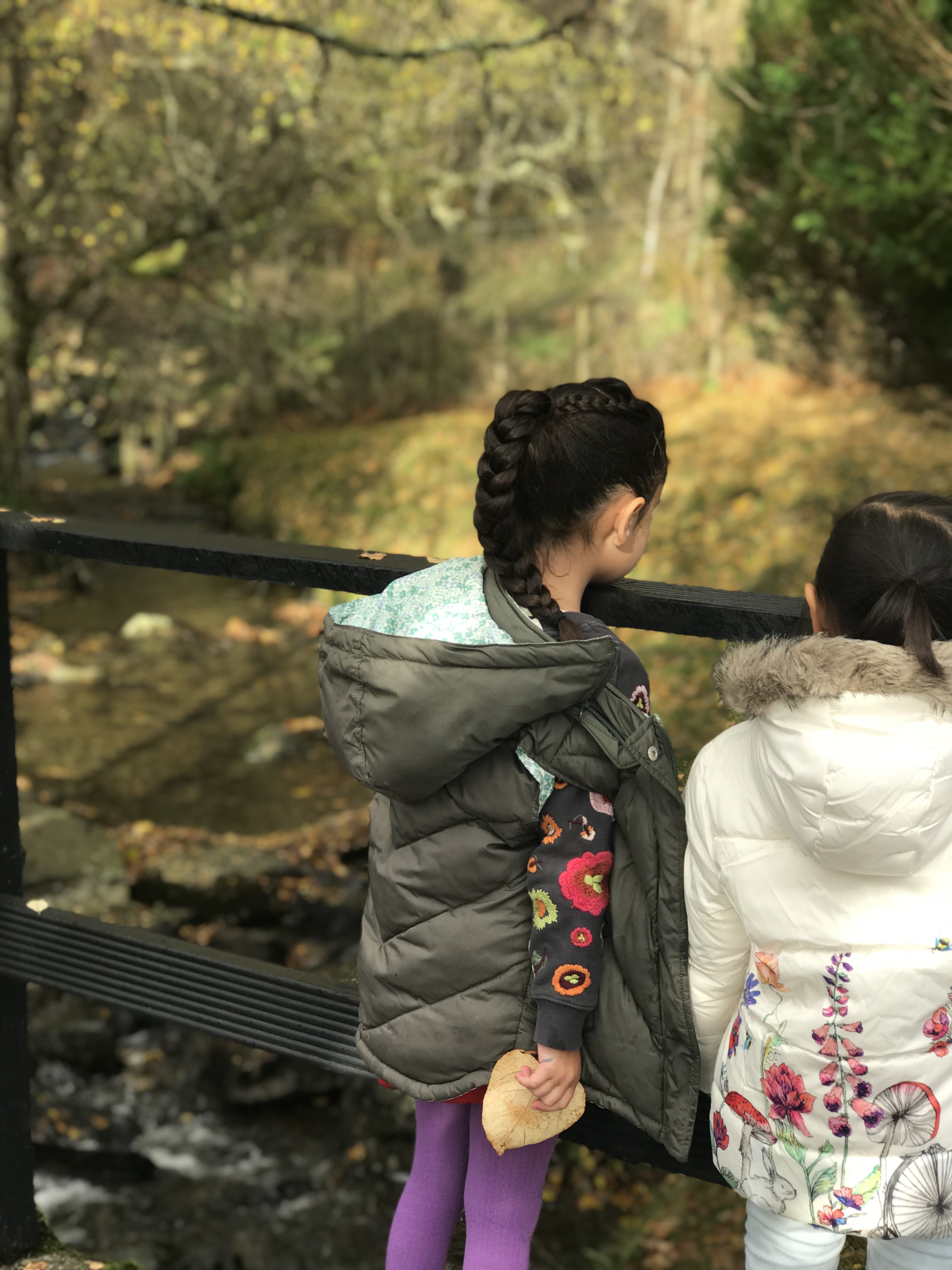Would you say that the perfect time to get a mentor is before you know what or where you want to be in life or after you’ve figured it out?
While researching for target audiences who could benefit from mentoring I was spoilt for options. Obviously, it needs to be someone who would like to be mentored. But equally someone who would like to share their experiences and become a mentor. The mentor and mentee are both recipients of empowering learning experiences through their mentoring partnerships. However, what was inconclusive for me is at which point should you consider finding yourself a mentor.
I’ll start with the one that you commonly come across, career mentoring. For anyone that is pursuing a career and wants to progress in their field or within the hierarchy of their organisation, is at the end of their career looking for new inspiration or wanting to diversify, they should all identify a mentor that can support them in achieving their aspirations.
Whether it’s STEM, business, sports, medicine or any sector of your liking, there’s someone out there to nurture your talent and willing to show you the ropes.
Question: Does it always have to be your most senior management figure or a successful well renowned industry figure?
Well, it would certainly help having one of them as your mentor, nevertheless, other experienced individuals can do the job just as well. I’ve often felt that people forget to look laterally or cross-functionally to find potential mentors. Not forgetting peer and reverse mentoring opportunities.
Let’s look at those that have not yet established their career or chosen field. I’m talking about the pre-career phase; student mentoring. We could say that those studying for a specific career should be classified under career mentoring. But I’m gearing towards those who haven’t got a clue on what academic path they need to take to pursue a career. And towards those who are in education but lack the support to complete their academic endeavours.
We have so many students who end up with educational debt without actually having completed their education or even following through on the path they opted for. Universities, colleges and for that matter even schools need to invest in helping students get some form of mentoring. Where possible, one to one mentoring, although group mentoring can be just as helpful. It doesn’t mean that an individual is relieved of the responsibility of finding a mentor themselves, but everyone needs a helping hand sometimes.
Question: Were you aware that the UK government career strategy requires all schools to have a nominated careers lead, a published careers strategy, and offer at least one employer encounter per year from Year 7 onwards?
The government wouldn’t be implementing statutory requirements if they didn’t believe that having a structured approach helps students make informed choices about their future careers. Even at early schooling stages mentoring is important, don’t you think?
We then have those with the entrepreneurial spark, who with or without education pursue their dreams. Some are more successful than others, but none would turn down the opportunity for the next form of mentoring, i.e., business mentoring. This one definitely leans more towards getting a mentor once you’ve established what you want to do, in this case a business, and the individual would benefit from a mentor at any given stage of their business lifecycle. From start-up to acquisitions, there is a mentor available for those who choose to reach out and ask for help.
So what about those that are uneducated, unemployed, vulnerable or disadvantaged in some way? I refer to this category as our vulnerable young people and adults mentoring.
Whilst we continue to indulge in a society of digitalisation and cryptocurrency we are beginning to ignore our most tangible assets, the humans. We’re moving more and more towards living our lives online in the digital world. And whilst the internet has enriched our lives and made some aspects of modern living easier, it’s also made making human connections more complicated and challenging. You can click a button to connect with someone, but does it really lead to meaningful relations?
It’s very difficult (if not impossible in some cases) for the vulnerable young people and adults to find a mentor. Yet, these are the ones that need support and guidance the most. Their vulnerability and accessibility to life enhancing opportunities works against them. Survival would trump mentoring any day, but asking for and receiving support might actually be the difference between them surviving or thriving.
Do you see my dilemma? So many choices….
My opinion: A mentor is useful at all stages of life, no matter where you are. Our childhood is nurtured by parents mentoring us, right from our first steps, so what makes us so afraid of asking for help?
There may be stages in our life which determine the type of mentor or the kind of advice we need, but there surely isn’t ever a bad time to have a mentor.
Stop second guessing yourself and go find yourself a mentor. If you are eager to help others go ahead and offer your mentoring support to someone. In fact, let’s do one better, find a mentor, be a mentor and let’s connect those that could benefit from the power of mentoring. This is the perfect time for all things mentoring.
Originally published at kadou-learning.com


